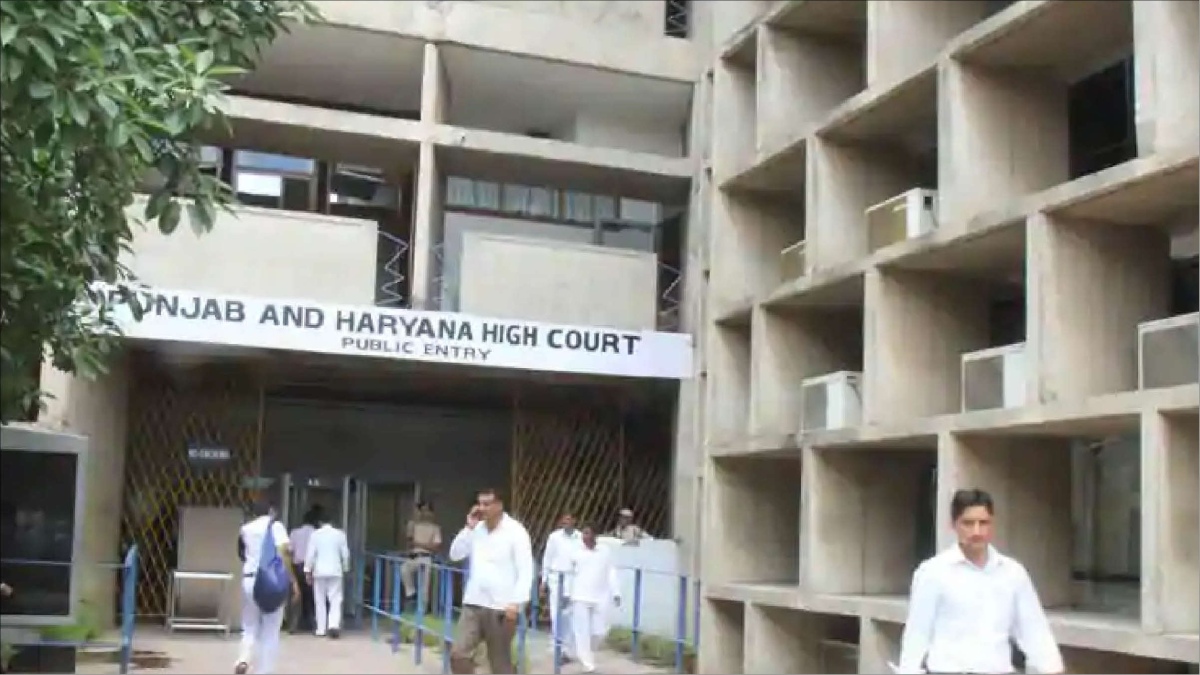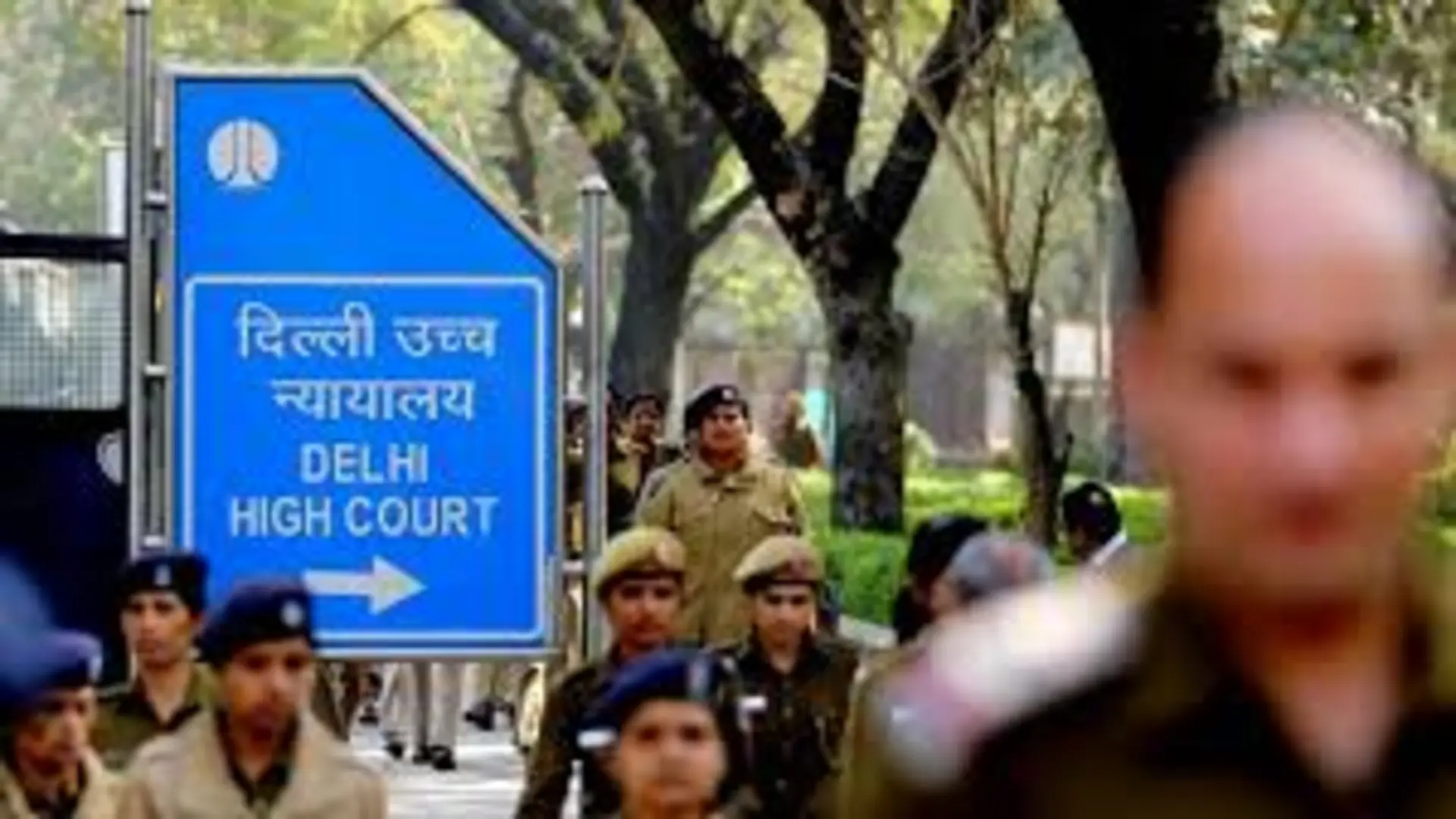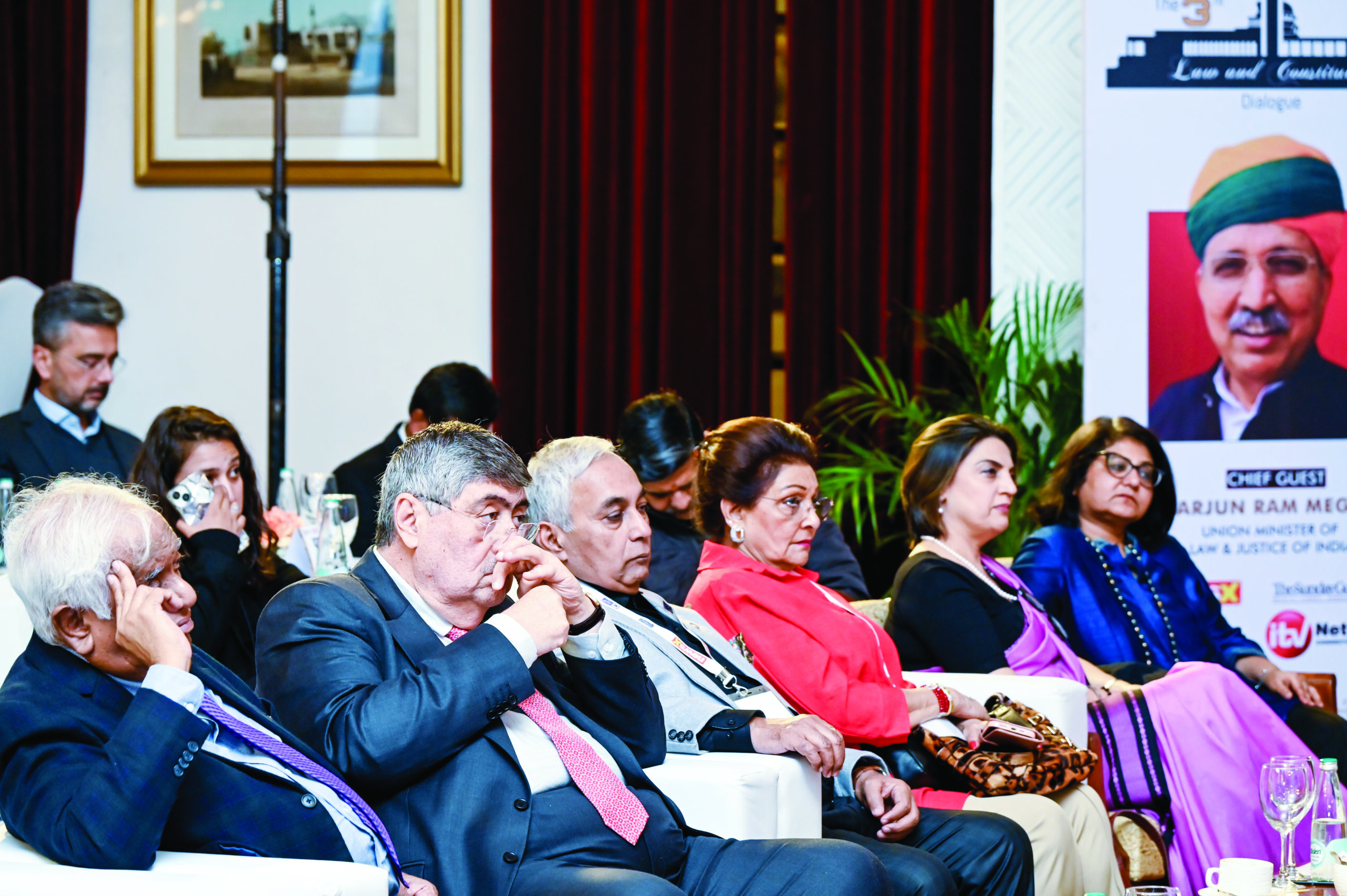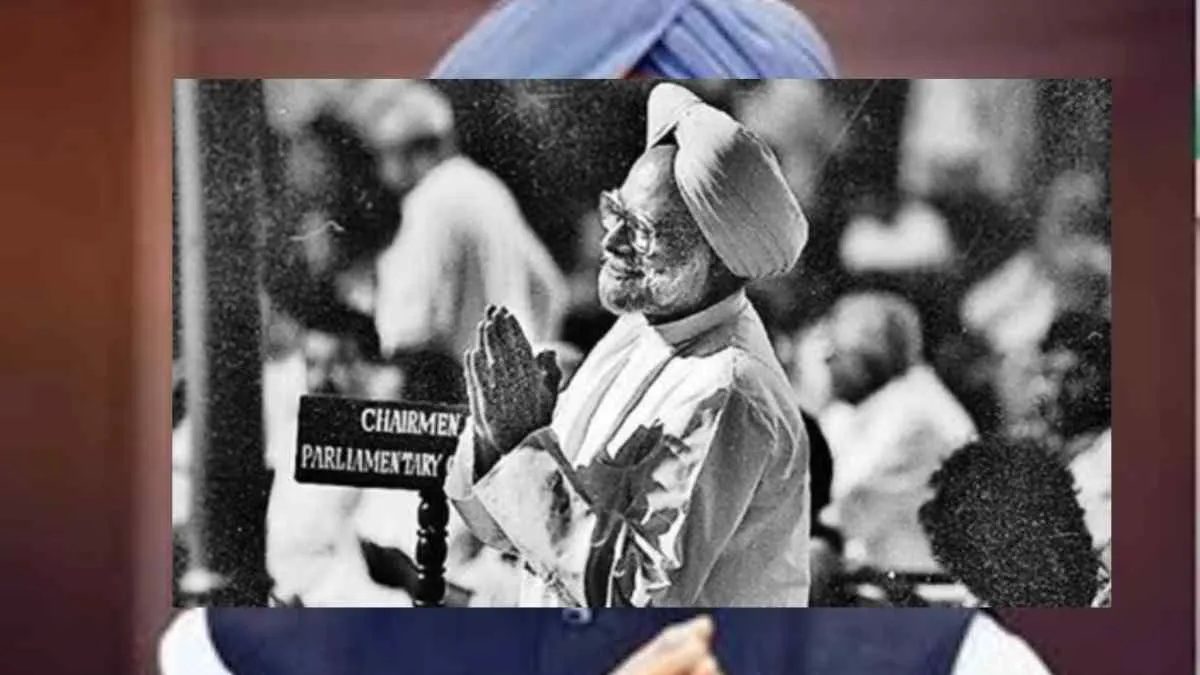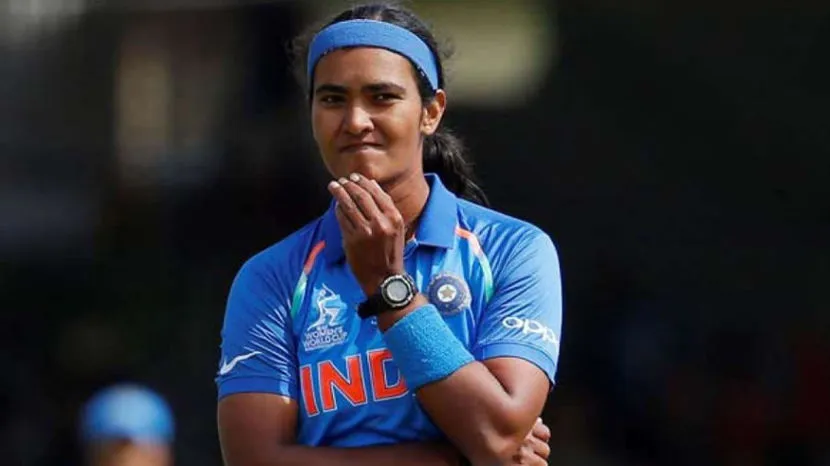In a latest, learned, laudable, landmark and lambasting judgment titled Chandigarh Educational Society vs Bar Council of India and others in CWP No. 7441 of 2020 (O&M) delivered just recently on 4 December 2020 by a single Judge Bench of Justice Rekha Mittal of the Punjab and Haryana High Court, it has set aside the three-year moratorium imposed by the Bar Council of India (BCI) on opening of new colleges as ultra vires the Indian Constitution. Without mincing any words, the Bench of Justice Rekha Mittal held cogently, clearly and convincingly that the BCI cannot impose a complete ban on opening of new law colleges, under the pretext of regulating legal education. This judgment has certainly created ripples as BCI is also the top body of lawyers and it has explicitly ruled against the moratorium imposed by BCI on opening of new law colleges.
To start with, Justice Rekha Mittal of the Punjab and Haryana High Court sets the ball rolling by first and foremost explicitly, elegantly and effectively stating in the opening para itself that, “The petitioner has invoked jurisdiction of this Court for issuance of writ of certiorari for setting aside Resolution dated 11.8.2019 (item No. 241 of 2019) vide which moratorium is imposed for three years for grant of approval to New Law Institutes. It has also prayed for issuance of mandamus directing respondents No. 1 and 2 to grant approval to start Chandigarh Law College, Jhanjheri from academic session 2020-21 on the basis of applications filed on 13.12.2019 (Annexure P-9) and 10.1.2020 (Annexure P-10); directing respondent No. 1 to place the aforesaid applications filed by the petitioners before respondent No. 2 for consideration and appropriate decision in the next meeting of the Legal Education Committee and direction to respondents No. 1 and 2 to grant approval to the petitioner-society to start Chandigarh Law College since petitioner-society fulfills the minimum benchmark as provided under Rule 11 of the Legal Education Rules, 2008 (hereinafter referred to as “2008 Rules”).”
While stating the petitioner’s version, it is then stated by the Bench of Justice Rekha Mittal that, “Counsel for the petitioner argues that Chandigarh Educational Society (hereinafter referred to as “the society”) purchased land measuring 5.625 acres in the year 2017-18 for establishing Law College under the name “Chandigarh Law College”, on 15.1.2018. The petitioner passed resolution for starting a new college with intake of 240 students from academic session 2020-21. The society took effective steps w.e.f. 15.1.2018 onwards i.e. obtaining of CLU, construction of infrastructure, obtaining affiliation from Punjabi University and NOC from the State Government. The society is imparting quality education in various fields to more than 15000 students including Engineering, Management, Computer Applications, Agriculture, Commerce, Fashion Technology, Nutrition and Dietetics etc. for the last many years. The society has spent more than Rs. 27 crores for construction of building with two auditoriums with modern amenities. It is argued with vehemence that Bar Council of India respondent No. 1 (hereinafter referred to as “BCI”) has no power under Section 7(1)(h) of the Advocates Act, 1961 (hereinafter referred to as “the Act”) to ban establishment of new institutes for imparting legal education. In the same breath, it is contended that BCI can only lay down the standard of legal education under Section 7(1)(h) of the Act.”
Furthermore, while continuing in a similar vein, it is then pointed out in the next para that, “Counsel would further argue that resolution dated 11.8.2019 (Annexure P-12) imposing moratorium for a period of three years for grant of approval to New Law Centers of Legal Education/Institutions, New Law Colleges, New Law Schools, New University etc. is liable to be set aside being violative of fundamental right of the petitioner under Article 19 (1)(g) of the Constitution of India. In support of his contention, he has relied upon judgment of Hon’ble the Supreme Court TMA Pai Foundation vs. State of Karnataka 2002 (8) SCC 481.”
Going forward, it is then elaborated in the next para that, “Counsel would argue that the society submitted application dated 13.12.2019 (Annexure P-9) to BCI alongwith prescribed proforma, necessary documents and demand draft. A reminder (Annexure P-10) was issued for grant of approval to start Chandigarh Law College from academic session 2020-21. It is argued that the society has already completed all the formalities such as obtaining of CLU (Annexure P-4), no objection certificate dated 13.11.2019 from the Department of Higher Education, Government of Punjab (Annexure P-7), affiliation from Punjabi University, Patiala vide letter dated 6.12.2019 (Annexure P-8) but respondents No. 1 and 2 have not initiated action for grant of necessary permission/approval under the 2008 Rules. He would inform that on one hand, BCI is not processing application of society but at the same time, the BCI made demand for deposit of money even during pendency of petition. Counsel would inform that written arguments have been submitted by the petitioner.”
As against what has been stated above, it is then stated in the next para that, “Respondents No. 1 and 2 filed reply and additional reply. Counsel for respondents No. 1 and 2, by relying upon the written arguments, has supported the resolution (Annexure P-12) to justify non-grant of approval to the society to start a New Law College on the basis of application dated 13.12.2019 (Annexure P-9). It is argued that since there was mushrooming of Centers of Legal Education/Law Institutions and many centers were not maintaining/improving standards, institutions are required to be inspected frequently and it is only in the interest of maintaining standard of Legal Education, resolution dated 11.8.2019 (Annexure P-12) was passed by BCI whereby it was unanimously resolved that a moratorium be imposed for a period of three years. Counsel would argue that running of educational institutions can legally be regularized by way of rules/notifications/guidelines and circulars etc.”
To put things in perspective, after hearing both the parties, Justice Rekha then states that, “I have heard counsel for the parties, perused the paper book particularly various annexures appended with the petition. The primary question that calls for consideration is “Whether the BCI can legally impose moratorium qua opening of New Law Educational Institutes?” This is obviously the real question also. There can be no denying it.
Truth be told, it is then pointed out in the next para that, “Section 7 of the Act provides for functions of Bar Council of India. Clause (h) of Section 7(1) of the Act, reads as follows:-
“1(a) to (g) xxx xxx xxx
(h) to promote legal education and to lay down standards of such education in consultation with the Universities in India imparting such education and the State Bar Councils”
Without mincing any words, Justice Rekha Mittal then goes on to say directly, dependably and definitely that, “Counsel for respondents No. 1 and 2 has failed to point out any provision in the Act that empowers the BCI to impose complete ban on setting up new institutes for imparting Legal Education under Section 7(1) (h) or any other provision in the Act in execution of its functions to promote legal education and lay down standards of such education.”
To be sure, it is then pointed out that, “In the resolution (Annexure P-12), relevant observations are to the following effect:-
“As of now there are about 1500 Centers of Legal Education in the country and such Centers of Legal Education are required to run/operate with proper infrastructure, adequate and qualified law teachers/faculties. Most of the existing Center of Legal Education are not improving standards, so such institutions are required to be inspected frequently.
The MORATORIUM is imposed due to non adherence of guidelines/circulars issued to affiliating the Universities and Institutions from time to time.”
To state the ostensible, it is then brought out in the next para that, “A plain reading of the aforesaid makes it evident that the BCI decided to impose moratorium due to non adherence of guidelines/circulars by the institutions imparting Legal Education, already approved. This Court passed order dated 29.6.2020 and a relevant extract therefrom reads as follows:-
“Perusal of the impugned Resolution at Annexure P-12 apart from containing a bar of a period of 3 years for grant of approval recites that for the next 3 years, the Bar Council of India will lay stress on improvement and raising the standard of existing law institutes and those institutes which do not have proper infrastructure or faculty would be closed down.
The reply placed on record on behalf of respondent Nos. 1 and 2 is sketchy insofar as the afore noticed aspect is concerned. The only averment coming forth in the reply is that certain notices have been issued to approximately 30 law institutes. The reply does not clarify as to whether any law institute on account of lack of infrastructure or faculty has been shut down till date.””
What’s more, it is then stated quite upfront in the new para without mincing any words most elegantly, effectively and eloquently that, “Counsel for BCI or for that matter respondents No. 1 and 2 including BCI was directed to file a specific affidavit in response to the observations made in the aforesaid order. In response thereto, additional reply was filed by respondents No. 1 and 2 wherein a plea was raised that due to situation created on account of Corona pandemic, the BCI is constrained to extend the time for compliance till 31.10.2020 and without affording proper opportunity in a normal Covid free atmosphere, it would not be in the fitness of things to shut down existing law colleges as it involves the question of career and future of many students and livelihood of teaching and non-teaching staff working there. Counsel for respondents No. 1 and 2 has failed to point out that any Law Institute or Centre of Legal Education has been shut down till date for non adherence to the prescribed standard of Legal Education or circulars issued by the BCI. If the existing Centers of Legal Education/Law Colleges/Law Institutes have failed to comply with the guidelines and circulars issued by the BCI or BCI has failed to ensure compliance thereof by getting timely inspection reports or scheduled information etc., the BCI can not justify its failure to ensure maintenance of standards of Legal Education by imposing complete ban on setting up of New Law Colleges, in violation of fundamental right under Article 19 (1) (g) of the Constitution of India that deals with right of citizens to practice any profession, or to carry any occupation, trade or business. In TMA Pai Foundation’s case (supra), it has been held that right to establish an educational institution is a fundamental right.”
As it turned out, is then further envisaged that, “No doubt, the BCI can issue guidelines/circulars etc. and press for compliance thereof as well as 2008 Rules either at the grant of approval to a New College or adherence thereof by the Colleges/Institutes for Legal Education already existing throughout the country but under that pretext it can not impose a complete ban on opening of New Institutes for imparting Legal Education. It is pertinent to mention here that society has not approached this court to seek any relief against issuance of any circulars/guidelines or 2008 Rules. Even in the resolution (Annexure P12), the BCI has noted that when the Bar Council of India has refused to grant approval to more than 300 institutions which had obtained NOC from the State Governments and affiliation by the university, the institutes approached some of the High Courts and adverse directions were issued to the BCI to consider the proposals of New Law Colleges. Counsel for respondents No. 1 and 2 has failed to advance any arguments much less meaningful to give legal justification in regard to resolution/decision of the BCI to impose moratorium for a period of three years for grant of approval to New Law Colleges/Centers/Institutes. In this view of the matter, I find merit in contention of the petitioner that resolution dated 11.8.2019 (Item No. 241 of 2019) vide which moratorium is imposed for three years for grant of approval to New Law Institutes does not stand the test of judicial scrutiny and accordingly set aside being violative of Article 19 (1)(g) of the Constitution of India.”
No doubt, it is then rightly added in the next para that, “Indisputably, the society submitted application on 13/12/2019 (Annexure P-9) well before the stipulated date i.e. 31.12.2019. The application was not processed by BCI as it had decided not to grant approval to New Law Colleges for a period of three years. As the resolution passed by the BCI imposing moratorium of three years for approval of New Law Colleges/Institutes has been set aside, the BCI is duty bound to process application of the society in accordance with the 2008 Rules/circulars/guidelines etc. relevant in the context. Accordingly, respondents No. 1 and 2 are directed to process application of the society in accordance with relevant rules/circulars etc. It is made clear that it is for the BCI to decide, taking into consideration the relevant rules/circulars/guidelines etc. if the society satisfies the requirements for grant of necessary approval as this Court has not gone into the question of eligibility/non-eligibility of the society for grant of approval. However, since application of the society is pending for the past about one year, respondents No. 1 and 2 are directed to take a decision in the matter expeditiously, preferably within a period of three months from the date of receipt of certified copy of the order.”
As a corollary, it is then held that, “In view of what has been discussed hereinbefore, the petition stands disposed of in the aforesaid terms.”
Finally and far most importantly, it is then rightly and remarkably held in the last para that, “Before parting with this order, I would like to express that the BCI should seriously dilate on the issue of maintaining standard of legal education. Many new entrants in legal profession are not upto the mark in drafting of petitions or assisting the Court. Some of them are not confident enough to speak court language. The BCI may take steps to ensure practical training to Law students in its real meaning and sense. It may also examine of creating a portal or/and nodal agency to ensure compliance of BCI instructions, guidelines, 2008 Rules etc. by the centers of legal education.”
On a parting note, it may well be said that Justice Rekha Mittal of the Punjab and Haryana High Court has made it absolutely clear in her judgment that the BCI cannot impose a complete ban on opening of new colleges under the pretext of regulating legal education. What BCI can do has already been stated in detail above. The Bench of Justice Rekha Mittal also mentioned that the Council failed to mention any provision of the Advocates Act which empowers it to impose a complete ban on the establishment of any new education institute. The bottom-line of this noteworthy judgment is that the BCI has the authority to issue any circulars or guidelines to ensure that the law institutes or centres of legal education are adhering to certain standards, but it does not have the right to impose a complete ban on opening of new institutes for imparting legal education. This notable ruling has to be implemented now unless and until it is overruled by either a Division Bench or by the Supreme Court! All hinges on what course of action the BCI prefers to adopt – whether to abide by it or challenge it!

